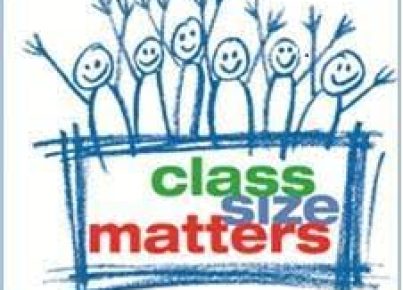As an educator who has gone through years of training and education to earn my degree, I can honestly say that there were certain aspects of teaching that were overlooked or undervalued in my formal education. While the curriculum and theory were undoubtedly essential, a well-rounded educator’s skillset goes beyond the classroom. In particular, there are several underrated skills and areas of knowledge that deserve more attention in our education degrees.
1. Emotional Intelligence
A teacher’s ability to empathize, understand, and manage emotions is essential for creating a nurturing environment for students. Developing emotional intelligence should be prioritized in teacher training programs, as it allows educators to be better communicators, listeners, and role models.
2. Conflict Resolution
Disagreements and conflicts are inevitable in the classroom setting. Teachers must be equipped with skills to address these situations effectively and diplomatically while maintaining respectful relationships with their students. Learning how to mediate conflicts should be an integral part of any education degree program.
3. Time Management
Balancing the demands of lesson planning, grading, meetings, professional development, and personal responsibilities requires strong time management skills. Unfortunately, many new teachers feel overwhelmed by these tasks without receiving adequate preparation or support during their coursework.
4. Cultural Competence
As society becomes increasingly diverse and interconnected, cultural competence becomes more important than ever for educators. Training future teachers to understand various cultures’ nuances enables them to create inclusive learning environments where all students feel understood and valued.
5. Self-Care & Mental Health Awareness
Teaching is a rewarding but demanding profession with high burnout rates. It’s crucial for educators to practice self-care and maintain mental wellbeing to support their students effectively. Unfortunately, this topic is often glossed over or entirely left out in educational programs.
6. Adaptability & Resilience
With changing technology, curricula, and societal shifts, teachers must be adaptable and resilient. Having the ability to pivot and adjust to new circumstances is a crucial skill for educators. Education degree programs should address these essential qualities and provide support for building resilience in future educators.
7. Financial Literacy
Finally, financial literacy is another crucial skill that is often overlooked in education degrees. Teachers should be well-versed in budgeting for classroom needs, managing their personal finances, and securing potential resources for students.
In conclusion, while my education degree provided me with many valuable skills and knowledge, there were certainly blind spots in my training. It’s essential for teacher training programs to address these underserved areas to prepare future educators better for the complexity of the profession. By incorporating emotional intelligence, conflict resolution, time management, cultural competence, self-care, adaptability, and financial literacy into their curricula, these programs can equip future teachers to thrive in diverse and dynamic classroom settings.





